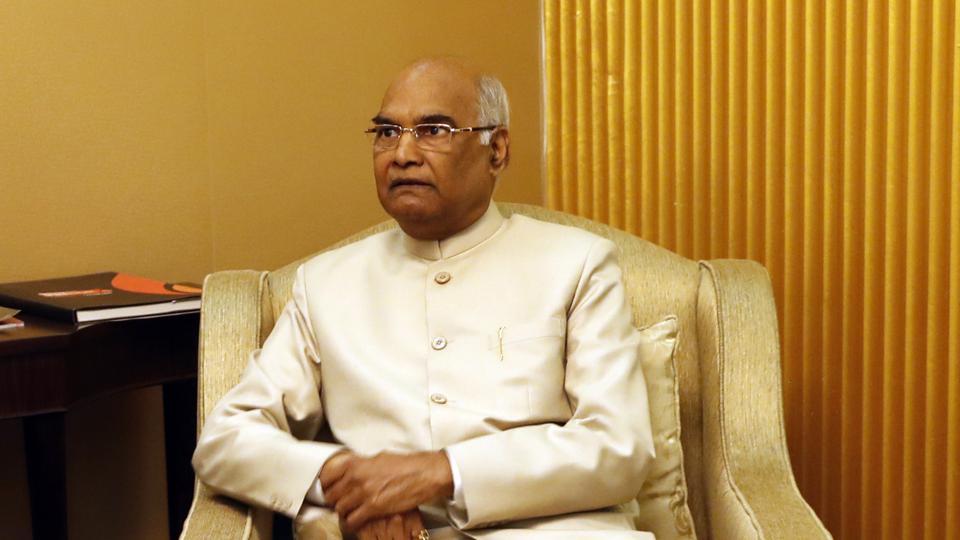NEW DELHI: Expressing concern over the shortage of doctors in the country, President Ram Nath Kovind on Tuesday stressed the need to overcome regulatory bottlenecks and interest groups that have prevented the growth of quality medical education in the country.
”Doctors need help in the form of more colleagues. And this is where we need a new regulatory system to enhance availability of doctors and medical professionals in our society. In the absence of this, the work-load on our doctors is very high.
‘Currently our medical colleges, whether run by the government or private institutions, have only about 67,000 undergraduate seats and 31,000 postgraduate seats. In a country of 1.3 billion people this is highly inadequate.
We have to overcome regulatory bottlenecks and interest groups that have prevented the growth of quality medical education in our country. This gives us far fewer medical graduates and postgraduates every year than our people need. It also leads to aspiring medical students seeking admission in colleges in other countries ? simply because they have limited options at home.
This is simply not acceptable. As a nation, we need to address this situation very urgently. We need to create more opportunities for those young people who want to make medicine their calling,” the President said while addressing the 45th convocation of the All India Institute of Medical Sciences (AIIMS) in New Delhi.
Describing AIIMS as a national centre of excellence, the President said,”the name “AIIMS” has become a byword for quality, commitment and rich experience.
The faculty and doctors, as well as of course the students, are the pride of our medical fraternity and our nation,” the President said. He advised the graduating doctors that as they go into the world a world that needs their services more than ever before. They should remember that they need to give back to society.
The President said it is true that they need to be legitimately rewarded for their academic excellence, their medical skills and their expertise.
”Yet, as doctors, their services must be available both to those who can afford their fees and also to those who are less fortunate and cannot. Disease does not distinguish between rich and poor but unfortunately the poor suffer the most.
It is for society to profit from medical science it is not for medical science to profiteer from society,” the President said. Lauding the role of nurses, Mr Kovind said, ”a key role in meeting our health challenges is played by our very vigilant and very skilled nurses and paramedics.
Their work almost never stops. Their sense of duty and compassion has made Indian nurses. Both women and men among the most outstanding professionals in our country, across all fields.”
The President said non-communicable diseases are emerging as big killers. ”India is a country of paradoxes. Nowhere is this more apparent than in our public health.
Traditional challenges such as diarrhoea, pneumonia and TB along with maternal and child mortality figures that are improving but are still worrying are a concern.
On the other hand, non-communicable diseases and what are called life-style diseases are emerging as big killers. These could be related to the heart or to the brain, as well as to a host of cancers and pollution sources that we are increasingly exposed to,” Mr Kovind said.
He said in the country, both obesity and malnutrition are substantial public health issues. ”And in our country, we have a very large child population as well as one of the world’s largest populations of senior people. Both these groups pose very different but very real challenges to our healthcare system and our doctors and nurses,” the President said. (AGENCIES)


